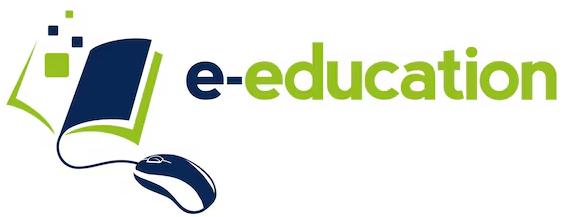As senior year of high school draws to a close, it’s time to make big decisions about what to do next, and it’s not always easy. Some people know exactly what they want to do later in life and how to go about getting there. Others have no idea.
There is no need to worry too much about it, because it is not really a problem. Even if your parents, friends or teachers are pressuring you to make choices, you do not have to make a final decision right now.
New experiences, researching a program and career, and trying things out are all valuable components of a college education. Before you get to college, the only subjects you’ve studied are those required to graduate from high school, and very few of the subjects taught in college. For example, most students have never taken courses in sociology, women’s studies, forestry, outdoor studies, business, indigenous studies, or social work. How can you choose a program without having had a taste of these subjects? Each program offers electives so you can try different subjects during your first two years of college.
Don’t worry, it is possible to change your program of study. This choice is not set in stone. The average North American student will change programs three times during their studies and careers several times during their lifetime. Many parents, funding agencies, and even students would like to see a definitive decision made at the beginning of their studies, but this is not the path to the most enriching education and experience. The purpose of a university education is to give you new ways of thinking and seeing the world, so why limit that experience from the beginning?
Choosing a study program
Some programs lead directly to a career after graduation, for example professional programs such as engineering, social work, nursing or education.
It is important to discuss your choices with your teachers, friends, family members, and other students.
Assess your skills to see if they match your interests, and learn about opportunities in different fields.
If you are undecided but want to study humanities (French, history, philosophy, etc.), enroll in humanities to see if you like it. Since there are many electives in the first and second years, you will have the opportunity to find what really interests you and modify your choices as needed along the way.
If you want to study science but aren’t sure which one, elective courses in your first year will allow you to try out different subjects and figure out which one you like best.
If you are hesitating between the regular baccalaureate (three years) and the specialized baccalaureate (four years), choose the specialized baccalaureate. You can always return to the regular program, but not the other way around.
What is a major?
A major is a concentration of courses in subjects that will guide your academic and intellectual training.
Between a third and three-quarters of your courses make up the major, depending on the field.
Sometimes. For example, if you choose to study nursing, engineering, social work or education, you will go directly into a profession.
Sometimes, this is not the case. For example, studying sociology leads to a wide range of careers that require the analytical, critical thinking and communication skills acquired in your undergraduate degree. Explore your options and find out what path you need to take to get to the jobs that interest you. You will find that an undergraduate education gives you access to skills that can do a lot of things.
There are hundreds of options and combinations available to you in college. It’s good to have choices. Do your research, and if you need to change your major, ask an academic advisor to guide you through the options available.



